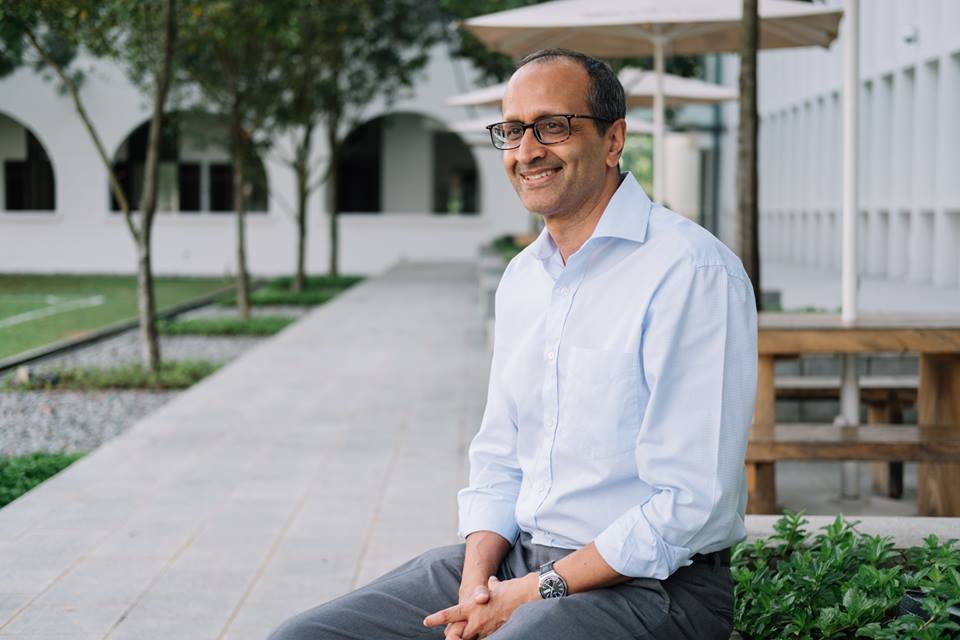
I am a fairly shy person, but I have a strong attachment to certain values and points of views, especially liberal values and views. I’m not a hero or a saint, but I try to stand up for my convictions. As a diplomat’s child, I was always the foreigner at school until I was eleven years old, and when I went home to India, I had a funny accent and didn’t quite fit in there either. There was always enormous pressure to conform.
I don’t like to conform. At boarding school in India, I remember losing all my friends on one occasion when they decided to gang up against a boy who had a skin condition. What they did was cruel and stupid. And I couldn’t just stand by and do nothing.
That and other episodes in my school life is why I’m against a herd mentality. As human beings, we have the power of reason to think and reflect for ourselves and to go beyond the herd.
I’m not easily intimidated by authority, and I’m not a great fan of hierarchy – academic life is perfect for me! But what this means is that I don’t like to go along with majority views.
Over the last 20 years, I have written regularly for the Indian press, and I did a lot of television in the 1990s. As academics, we are not here to go along with majority opinion or blindly follow governments, and I was quite outspoken on Indian foreign policy.
Our responsibility is to help build a better society. Academics have a bargain with society. We are given time and space and money to think, and in return we are supposed to give back creative ideas, to make life better for society.
I share my ideas on public policy regularly in a Times of India column that I have written for about seven years. I wouldn’t say my views are terribly popular these days. I do receive hate comments from time to time. Sadly, it is pretty useless trying to engage and persuade those who troll you.
Having people disagree with your views is part of intellectual life. This is what journalists, artists, and professors must expect. Disagreement produces better ideas. Disagreement is not disloyalty to a society or country. It is a deep loyalty because it helps refine ideas. No society or country can do well if it sticks with bad ideas.
Disagreeing with majority opinion is not exactly the happiest place to be. It can make people uncomfortable, even angry, and that can make you uncomfortable and angry. I don’t go out of my way antagonize others, but we have a duty to express our views in the best, most constructive way possible. I try to express my views without offending or hurting.”
Story by Professor Kanti Bajpai, Director of Centre on Asia and Globalisation at the Lee Kuan Yew School of Public Policy.